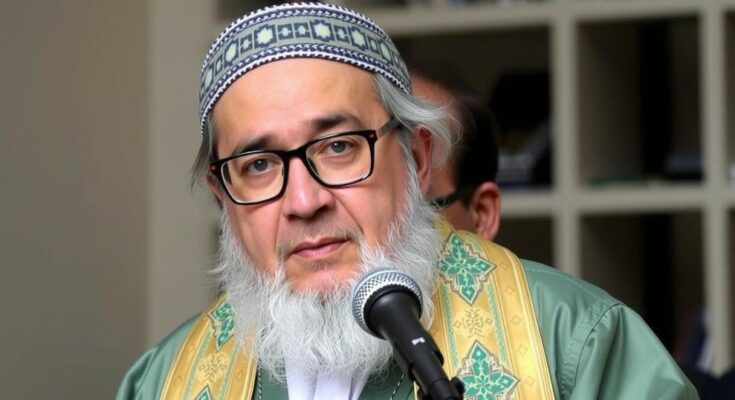Amnesty International calls on Lebanese authorities to deny extradition requests from Egypt and the UAE for Abdul Rahman Al-Qaradawi, a poet facing serious threats to his safety and freedom due to his critical remarks against these governments. His case emphasizes the critical intersection of human rights and political dissent in the Middle East, highlighting risks associated with enforced disappearances, torture, and unfair trials if extradited.
Amnesty International has urged Lebanese authorities to deny extradition requests from Egypt and the United Arab Emirates (UAE) for Abdul Rahman Al-Qaradawi, an Egyptian-Turkish poet detained on December 28, following his return from Syria. Sara Hashash, Amnesty’s Deputy Director for the Middle East and North Africa, emphasized the urgency of rejecting these politically-motivated requests, asserting that Al-Qaradawi faces severe risks of torture, enforced disappearance, and unfair trials if extradited.
Al-Qaradawi was arrested after making critical remarks about the Egyptian, Saudi, and Emirati governments while visiting Damascus, and his detention followed a 2017 Egyptian court verdict handed down in his absence. Critics argue that his extradition requests are grounded in the legitimate exercise of his freedom of expression, reinforcing the notion that criticizing authorities should not be met with criminal charges. Amnesty International expressly condemned such actions as violations of international law.
With a decision regarding Al-Qaradawi’s extradition anticipated soon, his legal representatives have reached out to the UN to intercede in halting extradition proceedings. Al-Qaradawi, who has familial ties to significant religious figures, remains at the center of a contentious legal situation underscoring broader issues of human rights and state retribution against dissent.
The case of Abdul Rahman Al-Qaradawi revolves around serious allegations of human rights violations in response to free expression. Following his critical remarks while in Syria, Lebanese authorities detained him at the border, leading to requests for extradition from both Egypt and the UAE. The background features a politically charged atmosphere for activists and outspoken individuals in the region, where governments have historically employed retaliation against dissenters, further undermining the integrity of judicial processes. The urgency surrounding his potential extradition reflects larger issues regarding the erosion of freedoms in Middle Eastern states, particularly concerning expression and the treatment of political dissidents.
In summary, Abdul Rahman Al-Qaradawi’s case epitomizes the conflict between state authority and human rights, particularly the right to freedom of expression. Amnesty International’s stance highlights the imperative for Lebanese authorities to prioritize above political affiliations and economic interests the commitment to uphold human rights principles. The call to reject extradition requests underscores the obligation under international law to prevent persecution, ensuring that dissenting voices remain protected in an increasingly hostile environment.
Original Source: www.amnesty.org




